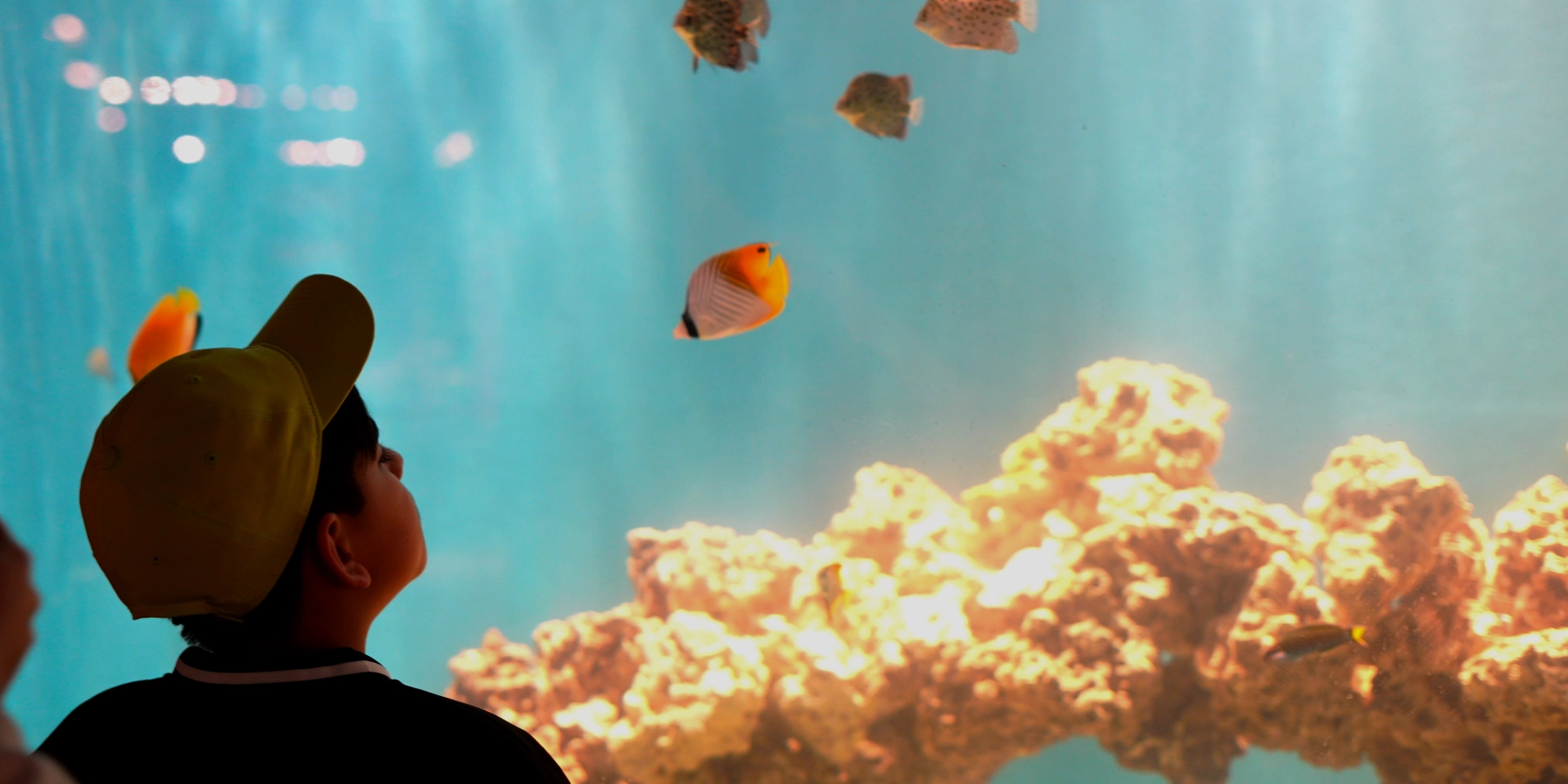Deep in the heart of nature's grandeur lies a secret world where lush green jungles meet crystal-clear waters, creating a breathtaking phenomenon known as jungle reef. Imagine a place where vibrant marine life thrives beneath the waves, while towering trees and exotic wildlife surround you above. This is no ordinary destination—it's a natural masterpiece waiting to be explored.
So, why should you care about jungle reef? Well, this unique ecosystem represents one of the most diverse and fascinating environments on the planet. It's not just a tourist attraction; it's a vital part of our planet's ecological balance. From the coral reefs teeming with life to the dense forests providing shelter for countless species, this environment is a living testament to nature's incredible design.
As we dive deeper into this topic, you'll discover why jungle reef is more than just a pretty view. It's a crucial habitat that supports biodiversity, influences climate patterns, and offers endless opportunities for adventure and learning. Ready to embark on this journey? Let's get started!
Read also:Plum Restaurant And Lounge Where Every Bite And Sip Is A Journey
What Exactly is a Jungle Reef?
Picture this: dense tropical jungles stretching as far as the eye can see, their roots dipping into warm, shallow waters filled with colorful coral reefs. That, my friend, is what we call a jungle reef. These ecosystems are nature's way of combining two seemingly opposite worlds into one harmonious masterpiece. But how does it all work?
Jungle reefs are essentially coastal areas where dense forests meet coral reefs. The trees provide nutrients and protection for marine life, while the reefs act as natural barriers against strong ocean currents. This symbiotic relationship creates an environment where both terrestrial and aquatic species can thrive together. It's like nature's version of a perfect partnership!
Why Are Jungle Reefs So Important?
Alright, let's get real here. Jungle reefs aren't just pretty to look at—they play a crucial role in maintaining the health of our planet. For starters, they support an incredible amount of biodiversity. Think about it: you've got fish swimming around coral, birds nesting in trees, and all sorts of creatures living in harmony. That's biodiversity at its finest!
But wait, there's more. Jungle reefs also help regulate the climate by absorbing carbon dioxide from the atmosphere. Plus, they protect coastal communities from storms and erosion. In short, these ecosystems are nature's superheroes, working tirelessly behind the scenes to keep things running smoothly.
The Biodiversity Hotspot of Jungle Reefs
Now, let's talk about the real stars of the show: the wildlife. Jungle reefs are home to some of the most fascinating creatures on Earth. From colorful parrotfish to majestic sea turtles, there's no shortage of amazing sights to see. And don't forget about the plants! The lush vegetation above water provides food and shelter for countless species, while the coral reefs below offer a haven for marine life.
Here's a quick list of some of the cool critters you might encounter in a jungle reef:
Read also:Hannah Waddingham Sexy Unveiling The Charisma And Talent Of This Multifaceted Star
- Parrotfish
- Sea turtles
- Octopuses
- Sharks
- Dolphin
- Exotic birds
Threats Facing Jungle Reefs
Unfortunately, like many natural wonders, jungle reefs face numerous threats. Climate change, pollution, and overfishing are just a few of the challenges these ecosystems must contend with. Rising ocean temperatures cause coral bleaching, while plastic waste and chemical runoff harm both marine and terrestrial life. It's a tough world out there for our jungle reefs.
But here's the thing: we can make a difference. By reducing our carbon footprint, supporting sustainable practices, and spreading awareness, we can help protect these precious environments for future generations. Every little bit counts, so don't underestimate the power of individual action!
Climate Change and Its Impact
Climate change is one of the biggest threats to jungle reefs today. As ocean temperatures rise, coral reefs experience bleaching events where they lose their vibrant colors and, eventually, die off. This not only affects the marine life that depends on them but also disrupts the entire ecosystem. It's like pulling out the foundation of a house—everything else starts to crumble.
Conservation Efforts Around the World
Thankfully, people are stepping up to protect jungle reefs. Governments, organizations, and individuals are working together to implement conservation programs aimed at preserving these vital ecosystems. Marine protected areas, reforestation projects, and sustainable tourism initiatives are just a few examples of the efforts being made to safeguard jungle reefs.
For instance, in countries like Indonesia and the Philippines, local communities are actively involved in reef restoration projects. They plant coral fragments, monitor water quality, and educate visitors about the importance of preserving these environments. It's a team effort, and it's paying off!
Community-Led Initiatives
Speaking of community involvement, it's worth noting how powerful grassroots movements can be. When local people take ownership of conservation efforts, the results can be truly remarkable. For example, in some parts of the Amazon, indigenous groups have established protected zones where both the jungle and adjacent reefs are carefully managed. This approach not only preserves the environment but also empowers the communities that rely on it.
Exploring Jungle Reefs: Tips for Adventure Seekers
Are you ready to experience the magic of jungle reefs for yourself? Whether you're a seasoned explorer or a first-time visitor, there are plenty of ways to enjoy these incredible environments while minimizing your impact. Here are a few tips to get you started:
- Choose eco-friendly tour operators who prioritize sustainability.
- Practice responsible snorkeling and diving by avoiding contact with coral.
- Respect wildlife by keeping a safe distance and never feeding animals.
- Dispose of waste properly and avoid single-use plastics.
Remember, every action you take can have an impact, so let's make it a positive one!
Scientific Studies and Findings
Scientists around the world are studying jungle reefs to better understand their complexities and find ways to protect them. Recent research has revealed fascinating insights into the interactions between terrestrial and marine ecosystems. For example, studies show that certain tree species contribute essential nutrients to coral reefs, promoting their growth and resilience.
These findings highlight the importance of maintaining the delicate balance within jungle reef environments. By understanding how each component interacts, we can develop more effective conservation strategies. It's all about connecting the dots and working together to preserve these incredible ecosystems.
Key Findings from Recent Research
Let's dive into some of the key findings from recent scientific studies:
- Coral reefs near jungle areas tend to recover faster from bleaching events due to the nutrients provided by nearby vegetation.
- Tree roots act as natural filters, preventing sediment and pollutants from reaching the reefs.
- Many marine species rely on jungle habitats for breeding and shelter, making the connection between land and sea even stronger.
Economic Importance of Jungle Reefs
Did you know that jungle reefs also play a significant role in the global economy? From fishing industries to tourism, these ecosystems generate billions of dollars each year. In fact, many coastal communities depend on jungle reefs for their livelihoods. By protecting these environments, we're not only preserving nature but also supporting economic growth and stability.
Take, for example, the Great Barrier Reef in Australia. This iconic jungle reef attracts millions of visitors annually, generating substantial revenue for the region. It's a win-win situation: people get to experience the beauty of nature, and local economies benefit from the influx of tourists.
Future Prospects for Jungle Reefs
Looking ahead, the future of jungle reefs depends on our collective efforts to protect and preserve them. Advances in technology, such as coral farming and artificial reefs, offer promising solutions for restoring damaged ecosystems. Additionally, increased awareness and education can inspire more people to take action.
While challenges remain, there's reason to be optimistic. With continued dedication and cooperation, we can ensure that jungle reefs continue to thrive for generations to come. After all, they're not just beautiful—they're essential.
Innovative Solutions on the Horizon
Scientists and engineers are exploring innovative ways to protect jungle reefs. From developing biodegradable materials to replace plastic waste to creating underwater nurseries for coral growth, the possibilities are endless. These advancements give us hope that we can overcome the challenges facing these vital ecosystems.
Conclusion: Protecting Our Natural Treasures
In conclusion, jungle reefs are more than just stunning natural wonders—they're crucial components of our planet's ecological system. By understanding their importance and taking steps to protect them, we can ensure their survival for future generations. So, whether you're a scientist, a tourist, or simply someone who cares about the environment, there's something you can do to make a difference.
Now it's your turn! Share this article with your friends, leave a comment below, or explore our other content to learn more about the wonders of nature. Together, we can create a better world for everyone—humans, animals, and plants alike. Let's make it happen!
Table of Contents
Here's a quick overview of what we've covered:
- What Exactly is a Jungle Reef?
- Why Are Jungle Reefs So Important?
- The Biodiversity Hotspot of Jungle Reefs
- Threats Facing Jungle Reefs
- Conservation Efforts Around the World
- Exploring Jungle Reefs: Tips for Adventure Seekers
- Scientific Studies and Findings
- Economic Importance of Jungle Reefs
- Future Prospects for Jungle Reefs
- Conclusion: Protecting Our Natural Treasures


